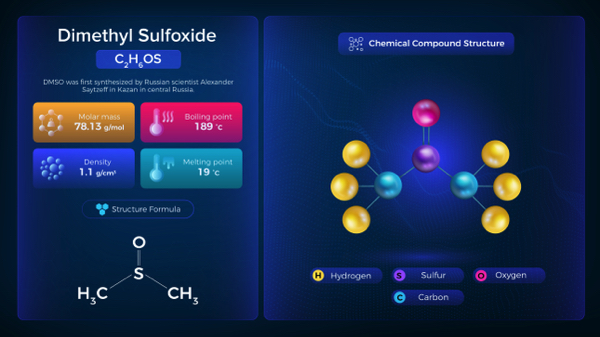‘INVINCIBLE YOUTH’ MYTH BUSTED: Risky health habits brew numerous chronic health conditions by age 36, according to new study
By sdwells // 2025-04-30
Tweet
Share
Copy

Kids, teens and young adults often think they are ‘invincible’ and can eat junk food, use nicotine and play video games all day and night without brain and body health repercussions, but come to find out, the damage can get done much earlier than previously estimated by the medical and science communities.
- Heavy Drinking: Linked to a 0.21-point rise in depressive symptoms, a 1.03-point metabolic risk increase, and poorer self-rated health.
- Smoking: Primarily tied to worsening mental well-being, including a 0.15-point depressive symptom increase.
- Inactivity: Most strongly associated with physical decline, including a 0.89-point metabolic risk surge.
Moderate drinking and lifestyle choices: New study reveals how habits impact mental health by mid-30s
A long-term study tracking adults from early to mid-adulthood has found that smoking, heavy drinking, and a lack of exercise significantly worsen both mental and physical health by age 36. Published in the Annals of Medicine, the Finnish research reveals that these risky behaviors, often dismissed in youth, can lead to measurable health declines far sooner than previously assumed. With data collected over three decades, the study emphasizes that breaking these habits early could mitigate long-term risks of chronic diseases, depression, and metabolic disorders. Researchers followed participants from ages 27 to 61, assessing their lifestyle habits and health markers. Those who smoked, drank heavily (10+ weekly drinks for women, 14+ for men), or avoided exercise exhibited poorer mental well-being, higher metabolic risks, and lower self-rated health by their mid-30s. The effects were cumulative — participants with all three unhealthy behaviors faced even starker declines. “These unhealthy behaviors can become part of the daily routine before you know it,” says Dr. Kaushik Govindaraju, an internal medicine physician not involved in the study. "External factors like stress and poor baseline fitness compound the problem." Historically, such risks were studied in older populations, but this research underscores that damage begins earlier, thus reinforcing the urgency of lifestyle changes in young adulthood. The study focused on Finnish individuals born in 1959, leaving questions about applicability to younger or more diverse populations. Self-reported data and unweighted behavioral metrics were additional constraints. Yet, the core findings align with broader public health knowledge: smoking, excessive alcohol use, and sedentariness are leading modifiable causes of chronic disease. Medical professionals urge early intervention. "Pairing smoking cessation, alcohol moderation, and regular exercise drastically improves long-term cardiovascular health," says Govindaraju. Resources like the American Lung Association and National Alliance on Mental Illness offer support, while the CDC recommends 150+ minutes of weekly aerobic activity. While moderate alcohol consumption has been debated for potential benefits, this study highlights the undeniable harms of excess — alongside smoking and inactivity. For those seeking better health, midlife is not the time to start worrying; by then, the damage may already be underway. The message is clear: small, sustained changes in young adulthood can avert a lifetime of preventable decline. Tune your internet dial to NaturalMedicine.news for more tips on how to use natural remedies for preventative medicine and for healing, instead of succumbing to Big Pharma products when that “partying lifestyle” starts taking its toll on the mind and body earlier than expected. Sources for this article include: NaturalNews.com EverydayHealth.comTweet
Share
Copy
Tagged Under:
e cigs stop smoking men's health mental health depression women's health research inactivity truth dangerous mind sedentary lifestyle. discoveries alcohol addiction mind body science habits disease causes badscience badhealth real investigations health science
You Might Also Like
Energy medicine has many applications: REIKI can improve cancer care
By Lance D Johnson // Share
Pakistan claims India is planning a strike over Kashmir tensions
By Cassie B. // Share
Muscle protein holds memory of exercise: Study reveals two-month “muscle memory” trace
By Willow Tohi // Share
A comprehensive look at DMSO’s potential in cancer treatment
By Ramon Tomey // Share
Recent News
The rise of tart cherry as a medicinal food
By newseditors // Share
Israel accused of genocide in Gaza as South Africa demands justice at World Court
By isabelle // Share
Energy medicine has many applications: REIKI can improve cancer care
By ljdevon // Share








